By: Gladys Sale
Published: April 21st, 1960
Among the Saints who’s bodies lie at Riverview, one is singular. The modest slab which marks her place reads as follows:
“Hannah McGuire Born Feb 15, 1782, Died March 29 1889. A mother’s feeling in thy bosom glowed which heaved in kindness with each gentle breath”
Nothing is known of her birth except that she was born somewhere on the coast of Africa. Only fragments of her early life is known; these she often told to the white children, whose eyes gleamed with wonder about the land east of the Three Forks of the Kentucky River in about the ocean. For years adults reckoned her age, counting from the age, so in so, thought she was when he or she first saw her. Hannah herself set Feb 15 as her birthday because she said that on that date, in some unknown year, God had bestowed on her a great blessing. Year after year the children begged for her story.
Hannah told of playing with other black children on the shore. She remembered half naked black men and women. When almost grown I think, white men captured her and four other negros and took them aboard their ship. Standing huddled in the stern with the four others of her race, she for the first time became conscious of herself as an individual. She felt the ship begin to move she watched the shore line disappear.
First she lived in Proctor, later she lived on Lower Stuffelbean.
On the voyage full of new sights and experiences, she had no longing for home because she did not remember her mother, nor was she beset by fear because she was young. She and her four companions explored the boat, watched the clouds, and the waves. The white men were kind; she became their favorite.
One day a larger ship hove in sight and began to overtake them. The slaves changed their course but the strange vessel vessel gave chase and fast closed the distance between them. Hannah watched while the white men tied together with a rope, her four companions; she was taken deep into the interior of the boat, put in a copper still and told to be quite. While in there she heard a cannon fire, she felt the ship slow down, and she heard excited voices as the boat was searched. After she felt the ship begin in move again, she was brought on deck in time to see the other ship drop beyond the horizon. She did not see her four traveling companions again; presumably they were dropped overboard.
The landing at Norfolk, VA was an incident of confusion and frustration for Hannah. She next remembered that she was with a white man named Haddix, who was taking her to his New England home. There, she a young slave girl, quick and fresh from Africa, learned from her Mistress to scrub, to cook, to preform a slave’s duty. Hannah thought of Mrs. Haddix as the only mother she had known who with her gentle voice, taught her not only to work but to believe in God; nor had she been denied the joy and laughter inherent in her race. Hannah became civilized, took on the the gentle and serene personality that characterized her life.
When the salt works opened in Perry County, Mr. Haddix moved there with his family and slaves. One evening before a winter fire was not long enough for Hannah to relate to the McGuire children all the joys and woes of that wilderness.
It is not know how long she lived in Perry County. But is defiantly known that before the Soldiers returned from the War of 1812, Mr. Haddix sold Hannah to a man names McGuire who lived at the mouth of the Middle Fork of the Kentucky River. The facts about her life from that time are not conjecture. The exact date of her arrival at the home of James McGuire is not known but it is possible at about the same time there was another arrival in the home - that of a baby girl named Jane, called Jenice, who was born in 1814. Hannah served Deamy and James McGuire until their death during the Civil War.
Then, as was the custom, she assumed their surname because she held them in love and respect. She continued in work for the McGuire children; she was never far from them. At one her last years were spent in the old John G. Jamison house recently torn down.
During many months of semi-invalidism her daughter Nancy attended her. The “Three Forks Enterprise” from time to time mentioned the condition of the “venerable centenarian.” Hannah, from her window, could see the home of Jenice McGuire now an elderly lady also. Janice often visited her along with others, and invariable the subject of her age was discussed.
While the life of Hannah ebbed live around the Three Forks - that wilderness to which she had come 70 odd years previously - quickened. The children and grandchildren of the early pioneers were stirring. Animal traces had become well trod paths to the Three Forks. Many had migrated to Beatty Town for gain, for adventure, for prospects of a good life, or for lack of a better place to go. Old Beatty Town had been put on the map of Kentucky as Beattyville, the county seat of Lee County. A sturdy brick courthouse had been built. A fine new Hotel to be called “Nina Webb”, meaning watering place, was being built of brick. It was to be three stories high, with a lobby, a dining room large enough for dances, drawing rooms, and suites. And it was to have running water on every floor! It was to be fabulous! Only one thing marred its future.
Across from the street where the Mollie Lyons house now stands was the private burring ground of Jane and John G. McGuire. In it were members of their family, their slaves, and members of other families of old Beatty Town. When approached Mr. McGuire told the Nina Webb company the conditions under which he would allow the bodies to be moved. Experts were to move them with care; the bodies of his slaves were to be moved with the rest and placed just over the hill from the spot he chose for his own family; and in the future, any negro who had once been a slave of the McGuires, and so wished, was to be allowed burial there.
Thus it was, that Hannah’s bodies was among the first to go directly to Riverview. Hands she had known and nourished from brith prepared her body for burial; dressed her in a long foulard dress of Copenhagen blue with closely gathered valencin-ness lace around the high neck, and at the waists. Which had been bought at far away Cincinnati by James McGuire for his daughter, Percilla McGuire Dunaway. On a spring day in 1889, a wagon burring her body led the procession out McGuire Ave. A goodly company both white and colored accompanied it. The women who rode side saddles. The horses were slick and spirited. Some rode in wagons others walked. At the open grave the negros sang. A colored minister who’s name is lost, preached. Then a white man, the reverend HC Lockwood in Ecclesiastical robes read for Hannah McGuire the Burial Office - the age old service which had been read for many pioneers and patriots - George Washington, James Madison, Patrick Henry, the same service which was later to be read for Franklin Delano Roosevelt, Robert H Taft, and King George of England. Then the negros sang while the men both white and colored, as was the custom took turns with the shovel to fill in the grave. They left her grave unlike the pioneer graves she had known, strewn with rocks and timber for camouflage against wild animals; the pointed it neatly, and with their shovels they spanked the fresh earth until it glistened and shown.
On the 23rd of April, 1889 more than three weeks after her burial-the last will in testament of Hannah McGuire was reduced in the Lee County Court, filed and proved by the oath of Mr. James Madison Beatty and Mr. Thomas Pryse. In it she first gave “to God glory for all his mercies and blessings through the period of a long life.” She gave to her daughter, Nancy all that she had for caring for her in her old age. Nancy was to notify all of her mother’s children and grandchildren of the time and place of her burial and time for them to be there. She was to burry her “ decently but not expensively”, and she was to give each of her children $25. And she wished to be “interred in the old family burring ground near the old residence of James McGuire, deceased on the middle fork.”
Born in Africa, a captive of white men miraculously saved by being hidden in a copper dumb, sold into slavery in Virginia, a pioneer slave in Perry County, bought and brought by another pioneer to the Mouth of the Middle Fork of the Kentucky River, a free citizen of the United States, a women of property who's Last Will in Testament is on file in the Lee County Courthouse, a child of God she still lies just over the hill from Jenice, the baby daughter of James McGuire.
Among the Saints who's bodies lie in Riverview, one Hannah McGuire is singular.
1) David Goosey and wife deed land to Hannah McGuire March 1881. Lee County Court House, Deed Book 2, page 242 . It said in the deed that the land was purchased at the amount of $210.00 for 36 acres with mineral rights included. Best guess from the property description is that the land was at the mouth of South Fork River on the Proctor side.
2) Hannah McGuire Last Will In Testament Written in 1888 - Will Book 1 page 60. In her will, Hannah left all her property and mineral assets to her daughter Nancy Mattocks. Hannah also left each of her named children $25 each: Matilda Haddix, Albert Haddix, Cicily Wilson, and Nathan Haddix.
3) Pulled from the archives at the Lee County Public Library, Beattyville. This article ran in the Beattyville Enterprise, April 21st, 1960 and was written by Mrs. Gladys Sale. Article also referenced in the Lee County Centennial History book Vol 1.

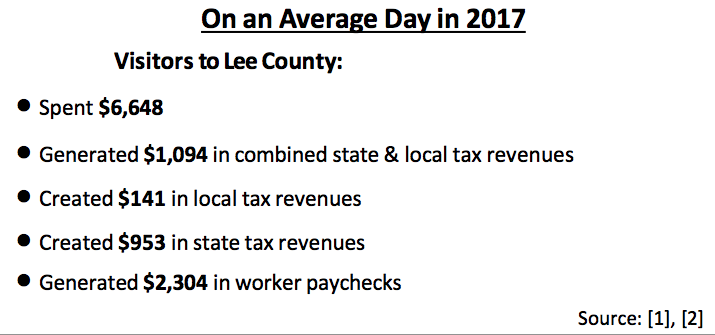



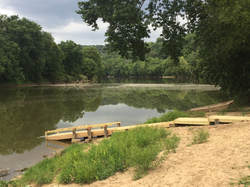

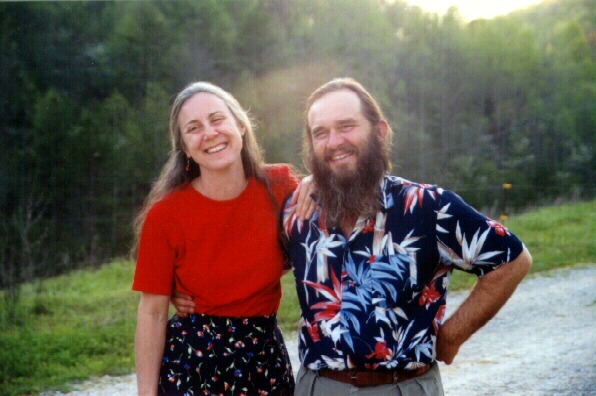



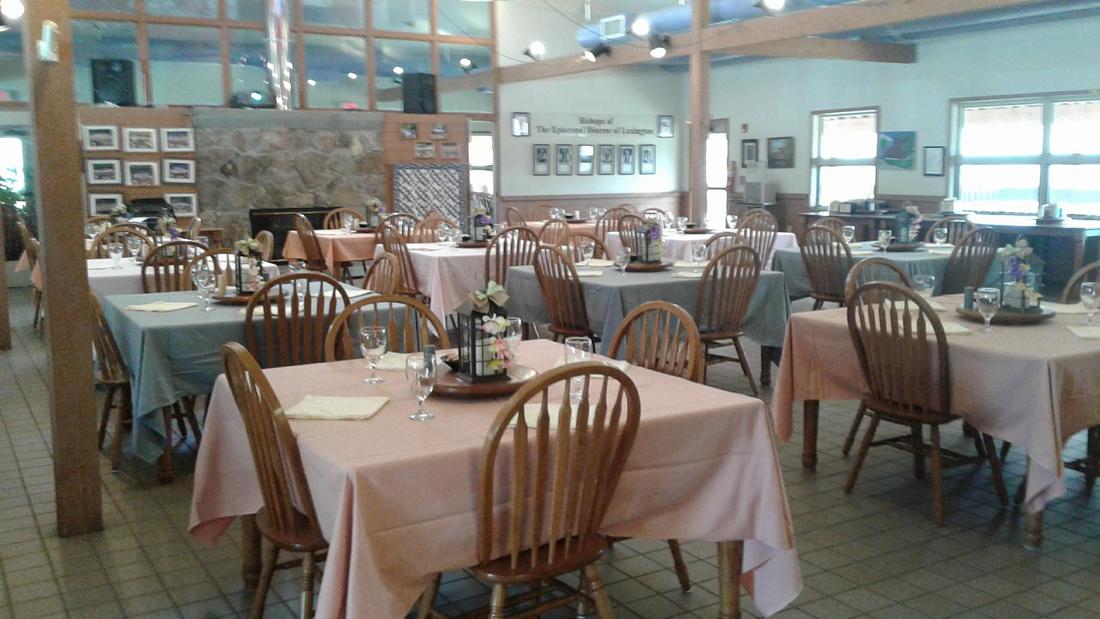
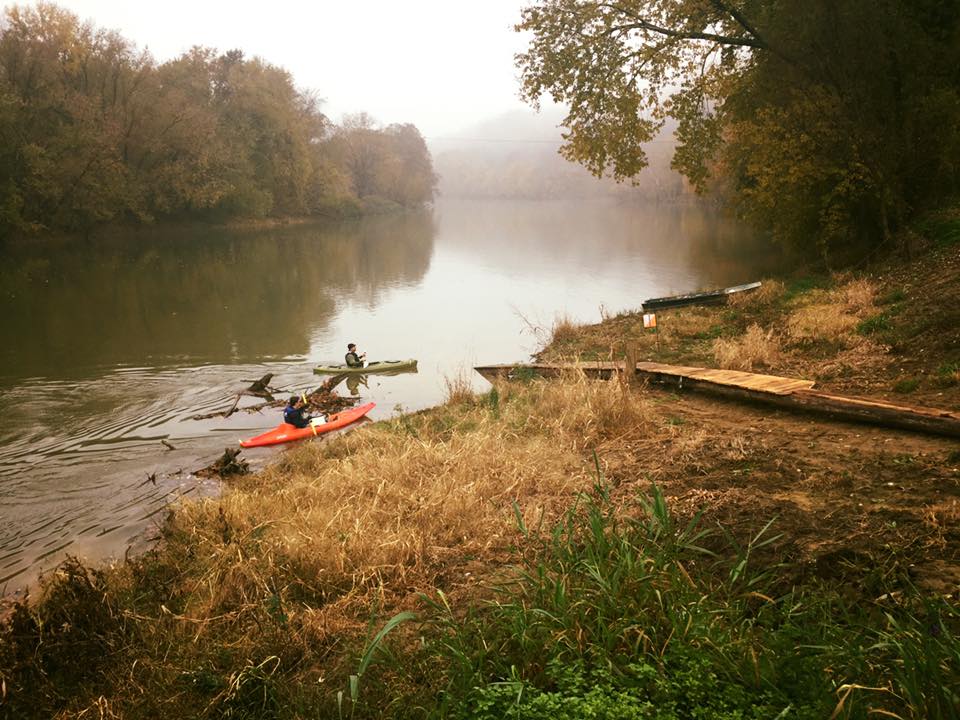
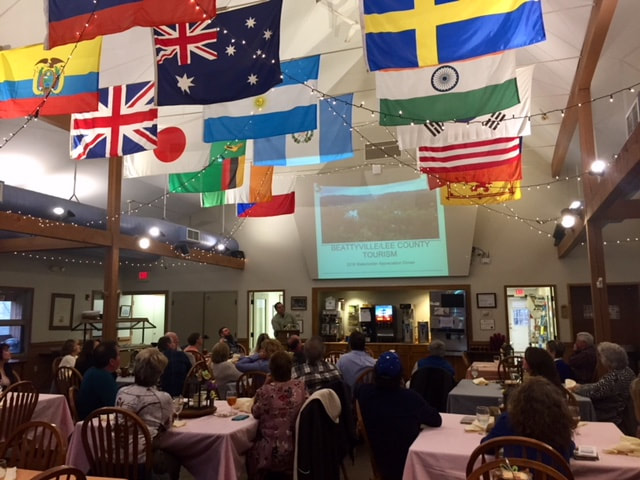
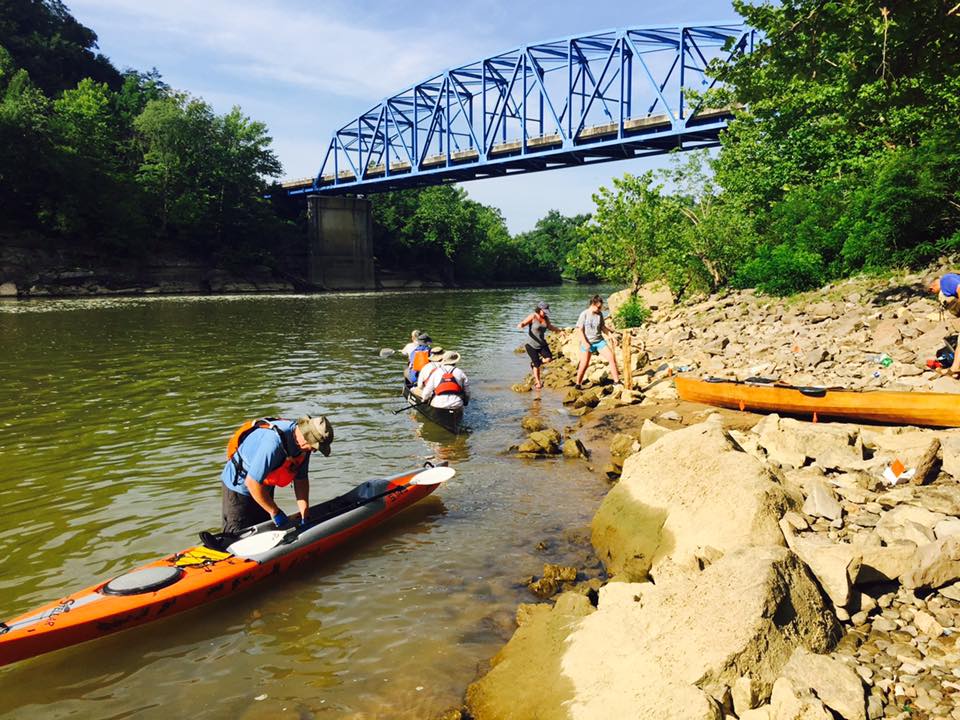
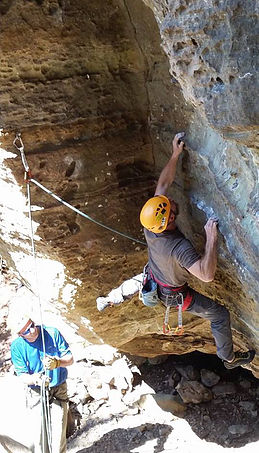
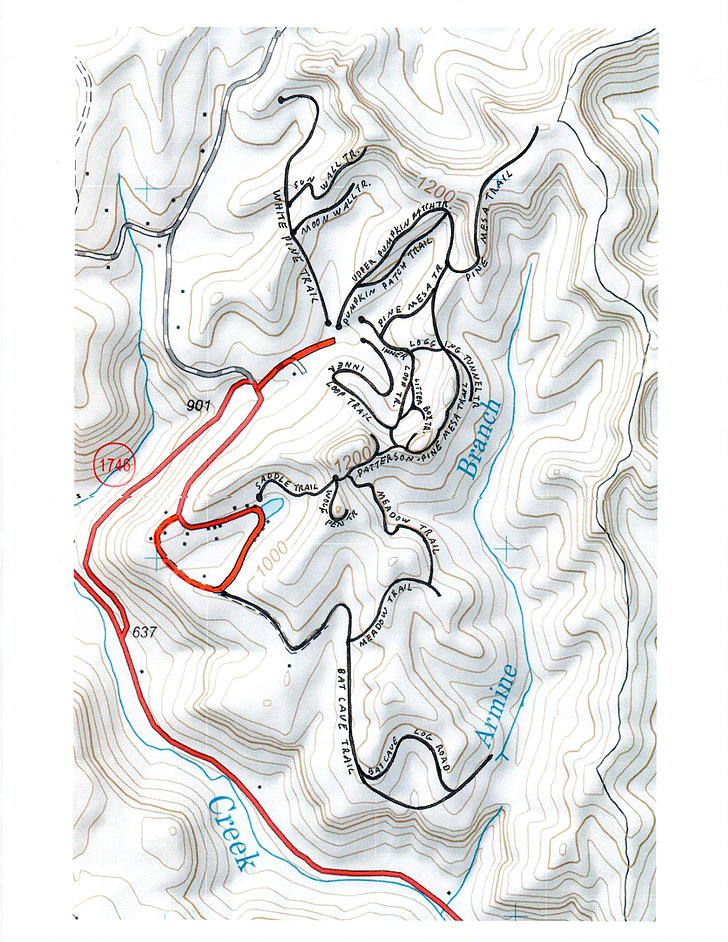
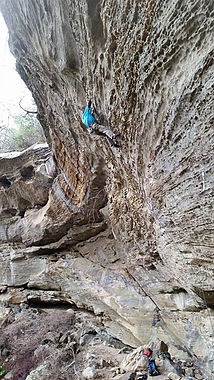
 RSS Feed
RSS Feed